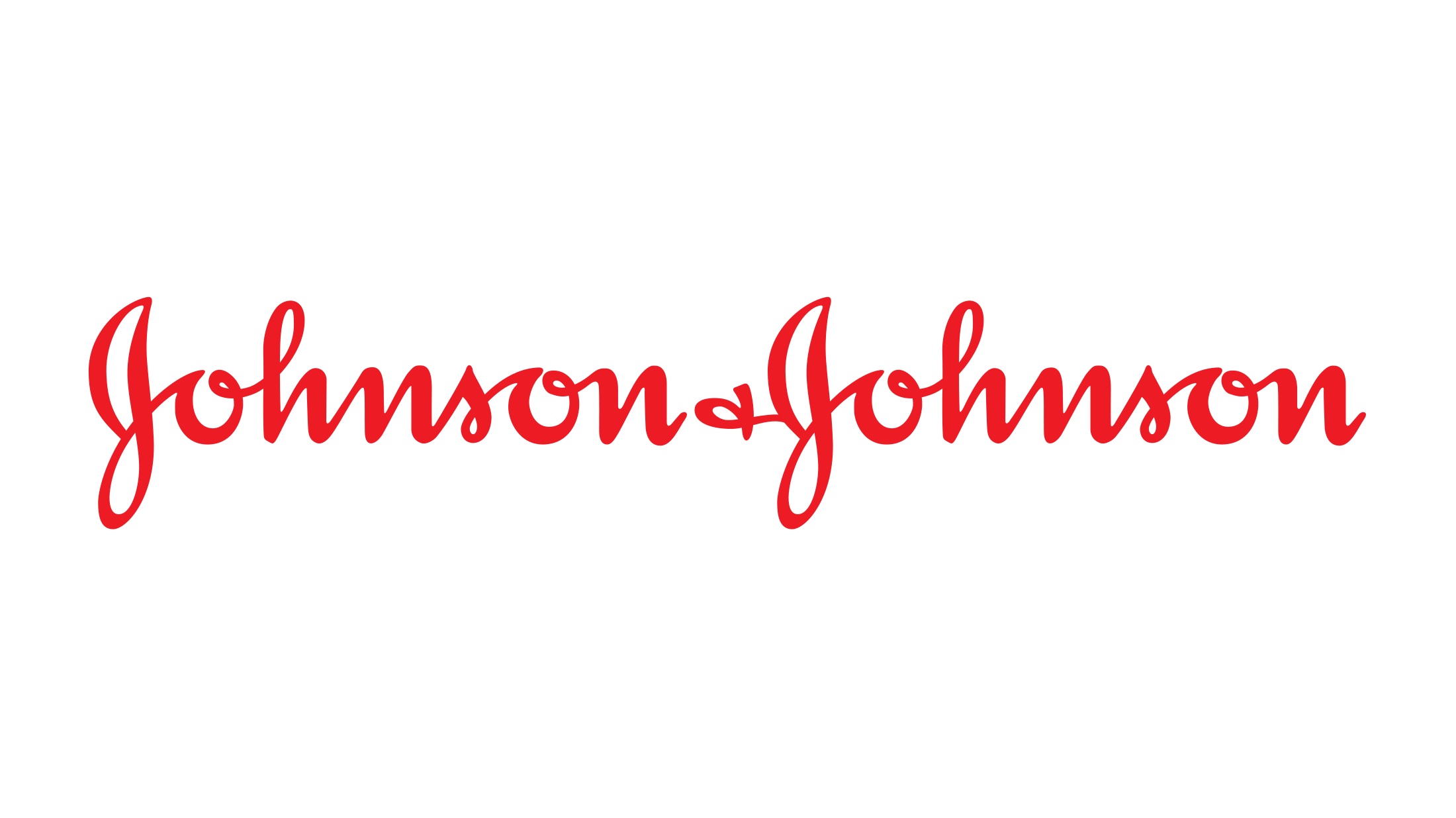FDA rejects J&J's sirukumab RA drug

The FDA has rejected Johnson & Johnson’s next-generation rheumatoid arthritis drug, sirukumab, calling for more clinical data to evaluate its safety.
The decision isn't a surprise as FDA advisers raised concerns about the drug's safety in a meeting last month, but the rejection is nevertheless a blow for J&J’s Janssen drugs unit, which was hoping to maintain its presence in the highly competitive RA drug market with sirukumab.
The FDA concerns centre on the long list of adverse events seen in trials long list of adverse events, which include colds, upper respiratory tract infections, and redness, pain or swelling at the injection site.
Serious adverse events reported included serious infections such as pneumonia and cellulitis, abscess, sepsis, osteomyelitis, hypersensitivity reactions, low platelets, lipid elevations and gastrointestinal perforations.
Cardiovascular adverse events, malignancies and mortality were observed in sirukumab clinical studies.
Sirukumab is a fully human monoclonal antibody that selectively blocks circulating IL-6, a naturally occurring protein that is believed to play a role in autoimmune conditions like rheumatoid arthritis.
Roche’s IL-6 drug Actemra (tocilizumab) is already well established after FDA approval in 2010 for rheumatoid arthritis.
J&J was hoping to head-to-head with Actemra, along with Sanofi’s recently-apprved IL-6 drug, Kevzara (sarilumab).
Kevzara is priced keenly compared with other RA drugs such as AbbVie’s ageing Humria (adalimumab).
Janssen already has the biggest selling second-generation RA drug, Stelara (an anti- IL12 & IL23 drug) which earned $3.23 billion last year.
But cheap biosimilar competitors to Humira are approved and ready to hit the market once its patents begin to expire over the next few years, and J&J’s older Remicade (infliximab) is already facing biosimilar competition in the US and EU.
So the branded drugs need strong efficacy data to compete against these cut-price rivals, and question marks over safety will make prescribers more likely to choose biosimilars, or less risky branded drugs.
Newman Yeilding, head of immunology development at Janssen, said the company still believes sirukumab could be an “important therapeutic option” in RA.
Yeilding said Janssen is reviewing the details of the FDA’s dreaded “Complete Response Letter” rejecting sirukumab and will ask for a follow-up discussion to understand what data the FDA requires for approval.












